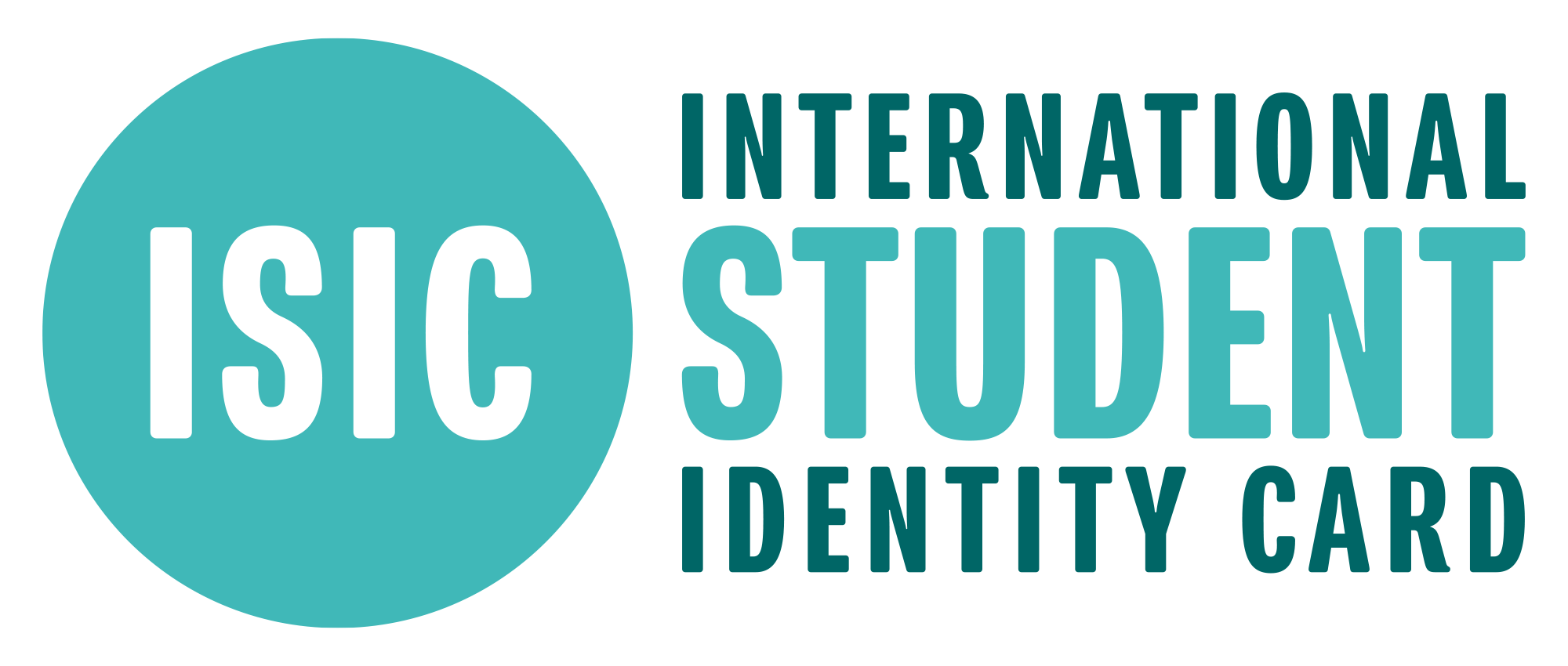
10 golden tips for CV building
10 golden tips for CV building
And then the moment is there, you have graduated! Every year, students say goodbye to the o-so-good student life and enter the labour market for the first time. Unfortunately, good and nice jobs don’t just fall out of the sky. Employers often get hundreds of applications per month and they look at every CV for about 20 seconds. Therefore it’s really important to make your CV stand out and tells something about you as a person. Are you going to spend the evening in a bar with friends or do you want to put some time and effort in CV building?
1. Work besides your studies
With a part-time job besides your studies, you not only gain work experience, but you also show you’re motivated and ambitious. Employers find work experience important because you already know some work related basics and how to be professional. Also you can build up a network in the domain you would like to work in after your studies. Check ISIC job seekers for your opportunities.

2. Do an internship
Not everyone likes to do an internship, but there is a reason why universities offer the option or even obligate it. An internship gives you the chance to orientate yourself on the job market. You experience what you do and do not like about the professional field and you build up a great network. If an internship is not a compulsory part of your studies, still try to do one!

3. Gain international experience
Are your considering studying or doing an internship abroad? Do it! Besides the fact that is will be a big adventure, you will improve a language and you learn to adapt to different cultures. International experience doesn't only mean a life time experience, but also one step closer to your future.

4. Join a student association
Being a member of a student association not only brings you a lot of parties and new friends. It also expands your network, which can come in handy later on. As a member you often need to organise activities. You learn how to cope with responsibility and you’re working on your organisation skills at the same time.

5. Join a study association
A study association is more career-orientated than a student association. Members are often at the end of their studies and the events they organise are more focused on developing valuable skills and getting in contact with potential employers. An active membership at a study association related to your professional field or sector is very valuable for your personal development and building up your CV.

6. Keep up a portfolio
During your studies you work on different assignments and projects, so save them in a portfolio! In this way, you can present yourself to your future employer in a professional way. You can store digital documents online and printed documents in your portfolio.

7. Follow an honours programme
An honours programme is a study besides your current study developed for motivated and talented students who want to get the most out of their studies. Several universities offer these programmes. An honours programme is not for everyone. You should get high marks. You broaden and deepen your knowledge and skills, come into contact with the professional field at an early stage and you will get an additional note on your diploma.

8. Volunteer
In many cases it’s a plus if you have experience as a volunteer, for example at an orphanage in South Africa. You do something helpful in your free time and employers like that. In this way, you’re closer to your first job.

9. Set up a LinkedIn account
LinkedIn is a great platform where companies often search for new employees. Start off with setting up a LinkedIn account as early as possible, so you have built up a clear profile with a good network at the end of your studies. Also make sure to make a strong headline and useful job titles so you can be found better.

10. Write your thesis about a subject you’re really interested in
With focusing your thesis on the sector or even the company you would like to work after graduating, you’re working on your graduation and your CV. Approach the companies you like and their direct competitors. Moreover, it can feel like a waste of time when writing your thesis on a subject you’re not really interested in and it will not help you further with your career.

 Get your ISIC card
EUR 12
Get your ISIC card
EUR 12
